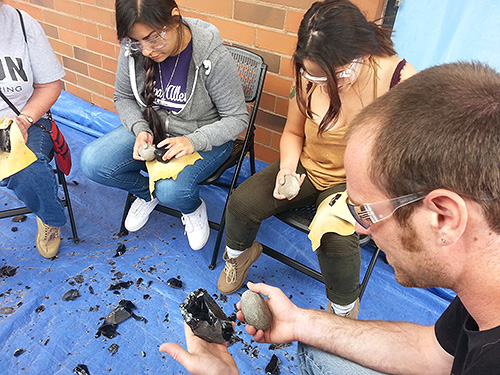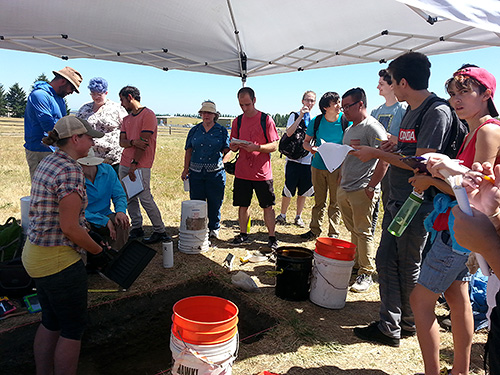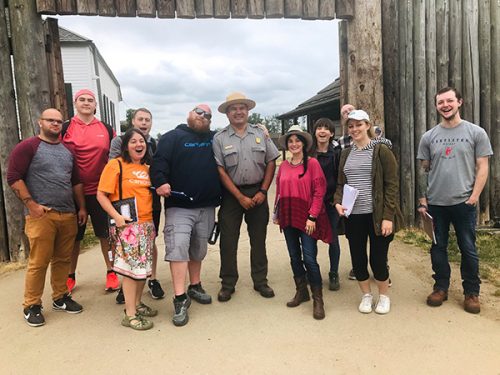Archaeology
One sub-field of anthropology is archaeology. Archaeologists study the cultural remains of societies to gain greater insight into past cultures and ways of living. Some archaeologists work in close conjunction with physical anthropologists to investigate prehistoric sites associated with our human and pre-human ancestors.
By examining artifacts such as stone tools, ecofacts such as soil samples, and other features of a site, archaeologists can tell a great deal about how people lived in the past. Archaeologists also draw on data from historical cultures to better understand what they observe in the archaeological record.
Archaeologists are often in a position to provide compelling physical evidence that confirms or challenges historical accounts and informs contemporary issues. For example, the discovery of an African American burial ground in New York highlighted the undocumented history of African Americans, both enslaved and free, in colonial New York. Another example is current work in the Pacific Northwest that applies ancient archaeological fauna records to ongoing issues in conservation biology and public outreach.
Another important area of archaeology is cultural resource management (CRM). CRM specialists often work to preserve threatened archaeological sites or to salvage archaeology on sites that will be destroyed by building roads and doing other types of construction. In addition to working for state and federal agencies, many CRM archaeologists also are employed to protect, preserve, and manage the archaeological materials of indigenous people. Demand for this sort of work is likely to continue to grow as tribes take active steps to preserve their cultures and histories.
PCC classes in Archaeology
- ATH 102: Introduction to Archaeology
View the current anthropology class schedule.



